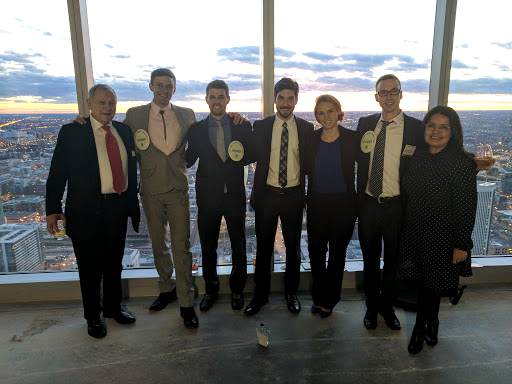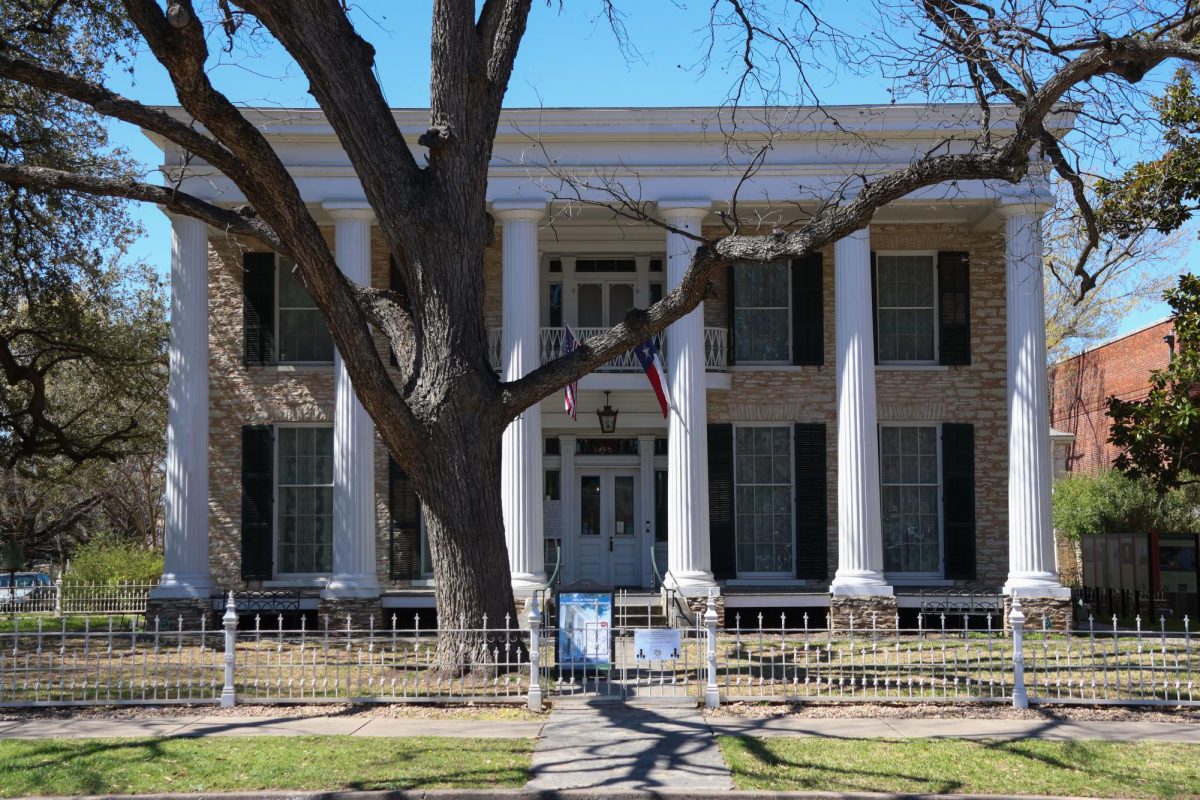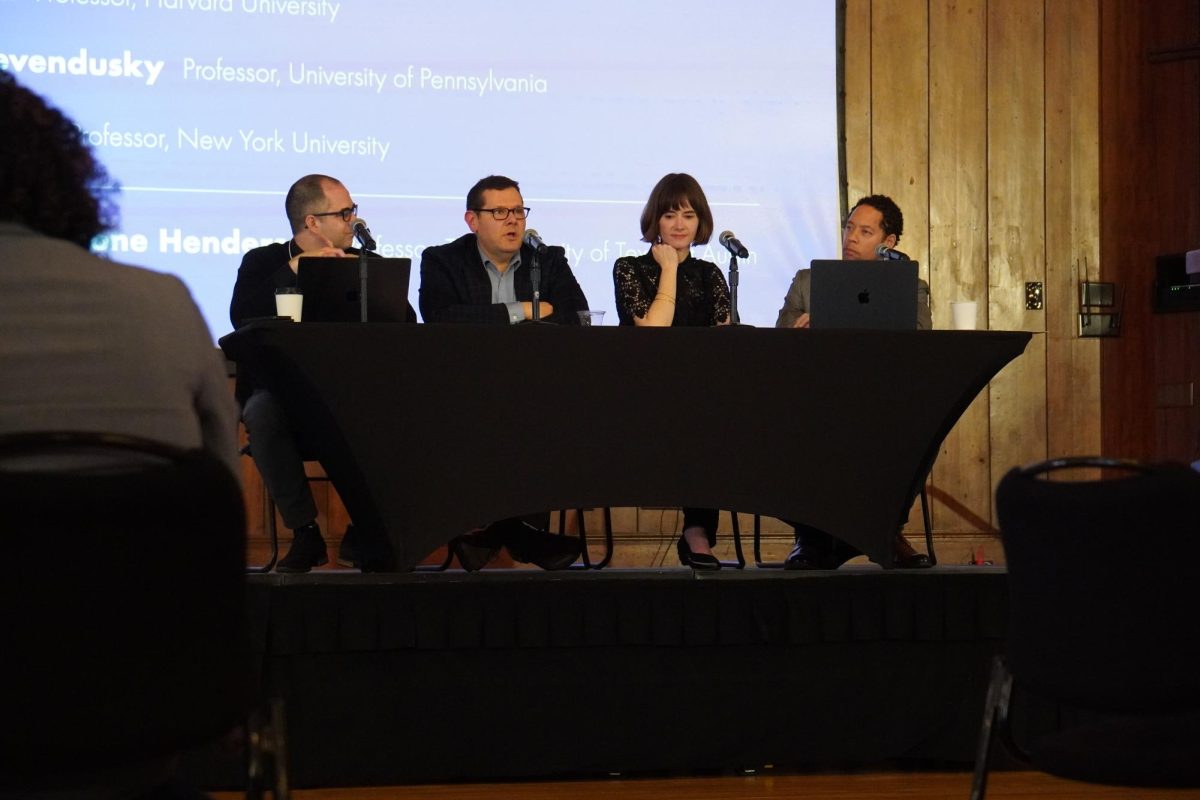For the first time, a team of UT graduate students beat out over 100 university teams to win the Urban Land Institute Hines Student Competition, an annual national urban design competition.
The team began working in early January on a development proposal for a site north of downtown Chicago. After advancing to the final round and presenting in front of a jury on April 6, the team of five received first place and $50,000 in prize money.
“Every premiere graduate school in the country wants to win this one,” faculty advisor Simon Atkinson said. “It is the leading competition in urban design and city development.”
Atkinson, a professor in the School of Architecture, said this is the fourth time a UT team has advanced to the final round and the first time one has won the competition.
Miles Payton, landscape architecture graduate student, said he attributes his team’s success to a well-researched concept. The theme of the design, “Rooted,” focuses on creating a community centered around food production, manufacturing and distribution.
Architecture graduate studenLuke Kvasnicka said innovative designs such as sustainable food choices and environmentally-friendly technology contributed to the win.
“I think compared to the other teams we really weren’t afraid to sort of push the boundary,” Kvasnicka said. “The competition really is about looking toward the future.”
Kvasnicka said at some points during the competition, team members were putting in 40 to 50 hours a week working on the design.
Chris Perkes, team leader and dual masters candidate in the School of Architecture, said the team worked together well.
“This was probably the best group experience I’ve ever had,” Perkes said in an email. “All of us were passionate, dedicated and willing to both produce ideas and readily accept feedback.”
All of the team’s work paid off — with $50,000, to be exact.
“We felt like we won the national championship in basketball,” business graduate student Mason Rathe said. “It was surreal.”
Architecture graduate student Kirsten Stray-Gundersen said the real prize was the experience gained from working with the community.
“The process of having members of the community … give us feedback throughout the process was ultimately more valuable than the prize money,” Stray-Gundersen said. “It was really about the experience for us …. Winning was an element we didn’t anticipate.”





















